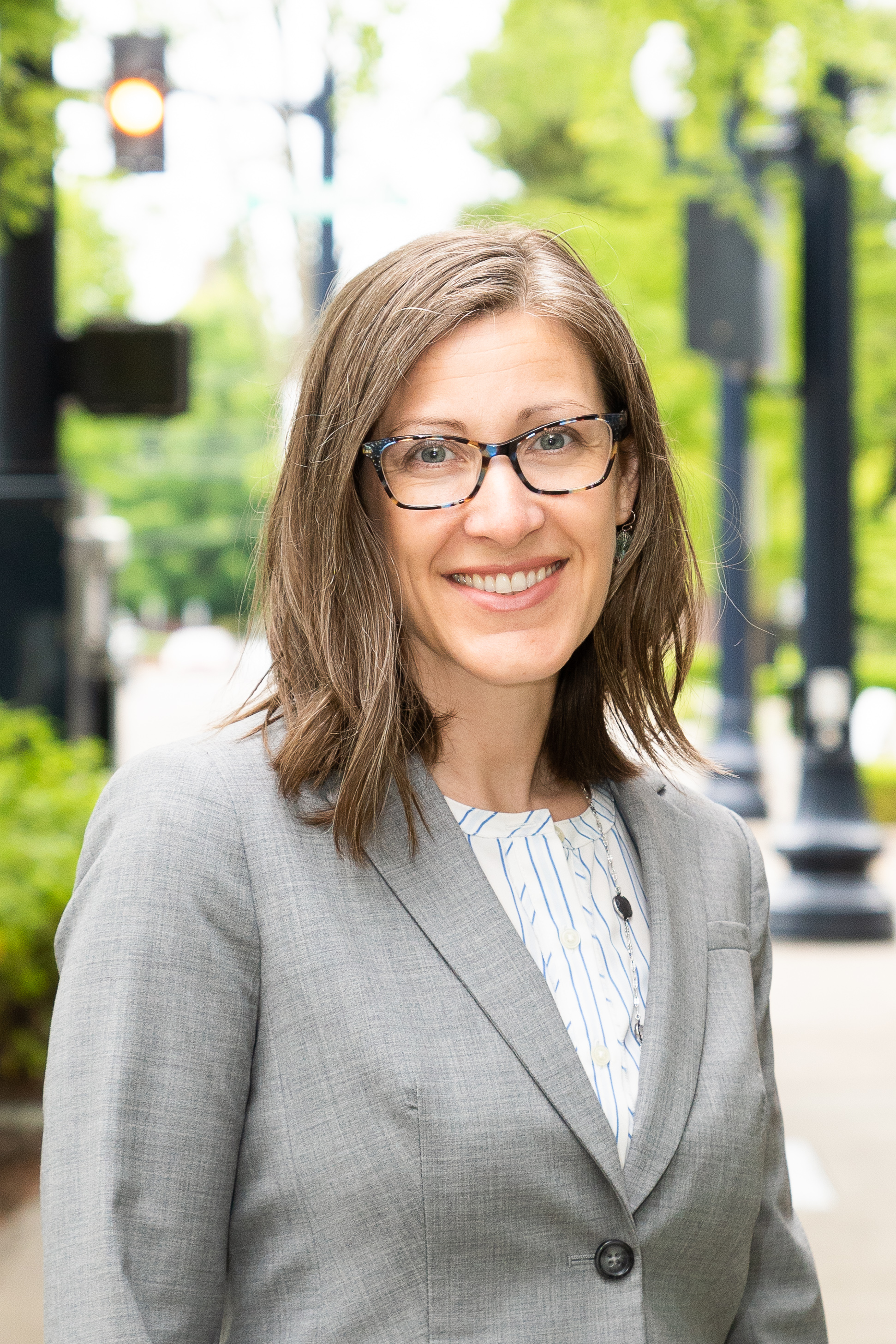
This blog is cross-posted from the American Dental Therapy Association's blog.
The profession of dental therapy is a growing and evolving field, with many passionate professionals dedicated to improving oral health. One individual is Amy Coplen, whose journey from a dental background to academia and, ultimately, dental therapy advocacy has made her an inspiring oral health care professional in the Pacific Northwest. In a recent interview, Amy walked us through her journey and shared insights into the profession of dental therapy and academia and developing Pacific University's Dental Therapy Program.
Amy's connection to the dental industry began at home. Her parents, who met while serving in the military, worked as dental lab technicians. Her mother furthered her dental career by attending dental hygiene school. This upbringing sparked Amy's fascination with the field, leading her to work in a dental office with the ambition of becoming a dentist.
From there, Amy spent six years as a dental hygienist in the faculty practice. During these years of hands-on experience, she developed a solid foundation in dental care. During her graduate studies, Amy learned about dental therapy and its potential to address underserved populations. In 2009, Alaska and Minnesota initiated dental therapy programs, sparking her interest again in the public health aspect of dentistry. This interest aligned with her desire to make a meaningful difference, and she began her journey into the profession of dental therapy.
However, while her initial plan was to attend dental school, a twist of fate led her to academia. Amy accepted a job in the faculty practice at the University of Michigan School of Dentistry as an instructional designer in their Dental Informatics Department. This experience inspired her to become an educator, which led her to pursue a four-year part-time master's program in Oregon, setting the pathway for her career in dental academia. Amy is currently the Program Director of the School of Dental Hygiene Studies at Pacific University and is developing a Dental Therapy Program.
Before Oregon permitted the practice of dental therapy, Pacific University was authorized to do pilot programs. The Oregon Dental Pilot Programs were a community-driven opportunity that addressed oral health disparities and delivered dental care by experimenting with improving the dental workforce, practices, and accessibility. These programs trained dental therapists under the supervision of a dentist. Pacific University was the lead site for the educational component of the curriculum during the Oregon Dental Pilot Programs.
One essential service Pacific University utilizes is mobile dental offices, highlighting the importance of reaching underserved communities. Staffed by dentists, trained dental therapists, and hygienists, this portable unit travels to vineyards, churches, and other locations to provide much-needed dental care, highlighting the program's commitment to community outreach and the advancement of dental therapy. In June 2021, dental therapists became authorized to practice in Oregon.
Amy's involvement with Pacific University was crucial in developing the dental therapy curriculum in Oregon. While the curriculum adhered to accreditation standards, it drew inspiration from dental hygiene programs, incorporating elements specific to dental therapy. Pacific University is working towards establishing its dental therapy program and earning its accreditation. The program will offer a comprehensive curriculum, including a Bachelor's in Dental Hygiene and a three-year Master's in Dental Therapy. The inaugural class will begin with six students, expanding by two students annually until reaching a total of 12.
For individuals considering a career in dental therapy, Amy highly recommends it. She highlights dental therapy's enriching opportunities, particularly in serving underserved communities. Dental therapists are essential in educating patients about illness and disease prevention, diet, and cultural aspects of oral health while referring patients to dentists when necessary. Moreover, it is a fulfilling and rewarding profession to be able to improve oral health care for those in need.
Amy's familial connection to dental care, journey to academia, and dedication to dental therapy highlight the transformative potential of this field. Her development of a dental therapy program works towards bringing accessible oral health care to underserved communities, creating a better future for oral health care in the Pacific Northwest.
